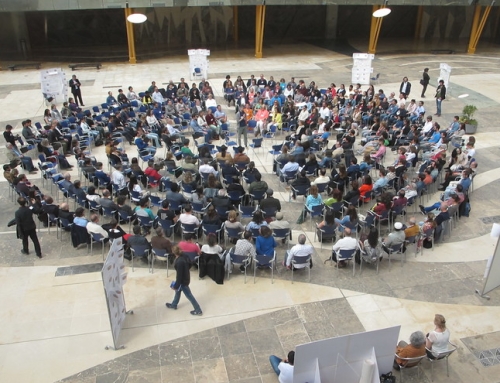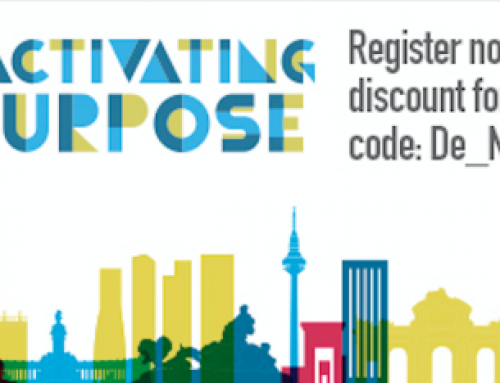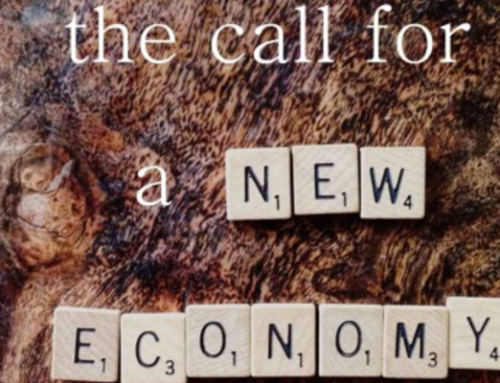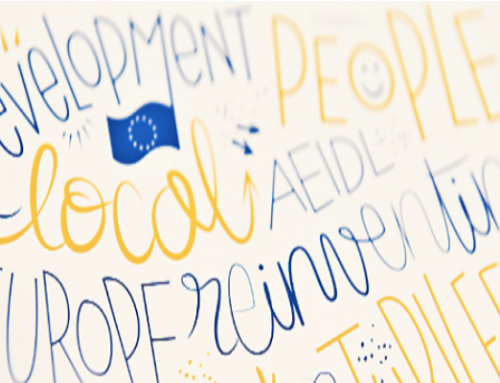By Felipe Viveros
The success of a government must be defined by ‘its ability to facilitate the happiness and wellbeing of its citizens, and this should replace old paradigms that focus overwhelmingly on economic performance.’ This was the consensus that emerged amongst leaders, from both the public and private sectors, who attended the World Government Summit held in Dubai one month ago.
This rings true in the tiny Himalayan nation of Bhutan, where the government’s development strategy is guided by the wise philosophy of Gross National Happiness (GNH). It is an idea that struck Bhutan’s young Fourth King, His Majesty Jigme Singye Wangchuck, who said that GDP was neither an equitable nor a meaningful measurement for human happiness, nor the primary focus for governance. It is equally interesting to note that Bhutan’s ancient legal code of 1729 states that “if the government cannot create happiness for the people, there is no purpose for the government to exist”. Since the 1970s to date, Bhutan’s development has been based on, and designed and assessed according to, the values of GNH.
Today, an increasingly wide range of experts argue that measuring government performance purely in terms of economic growth or gross domestic product (GDP) is no longer so relevant, and instead should be replaced with, “a saner measure of human progress,” such as the Genuine Progress Indicator (GPI) or Gross National Happiness (GNH).
This shift beyond GDP should come not only from governments helping to create the conditions for happiness amongst its citizens, but also from people themselves, who have the potential to lead more meaningful lives in order to generate more happiness for themselves and others. If governments and citizens shared this wider focus, it could produce more prosperous societies, not only in terms of material progress, but also in terms of spiritual development, and improvements in the wellbeing of people and planet.
In the words of professor Isabel Cassier:
“While the GDP remains prisoner to a mono-dimensional, productivist and consumerist logic, the quest for a [solution] ‘Beyond GDP’ can be understood as an attempt to evaluate, in a global and quantified way, the results in heterogeneous fields (state of the environment, allocation of resources, objectifiable quality of life, subjective perception of well-being), viewed precisely as components of a broader vision of development.(…)”
The narrative is changing, and hopefully it will be redefined in order to shift global attention towards the importance of happiness and wellbeing for all. We are attentive to what we measure, so if we focus our attention purely on economic growth, that is where our energy will go. If we instead focus on finding a balance between material and spiritual growth, we are heading in the right direction.
In 2016, the president of the GNH Centre Bhutan, Princess Kezang Choden Wangchuck, delivered a statement titled, ‘Can Happiness be a Business Purpose?’ at the Sustainable Brands event in Thailand. Her Highness shared a clear message with the audience: “Our obsession with limitless growth and endless consumption has come at the cost of non-material human needs and the destabilization of the natural world. Our way of life needs to change. Business cannot go on as usual.”
Paraphrasing the U.K.-based Center for Understanding Sustainable Prosperity (CUSP): It should now be our priority to focus on exploring questions such as what it means to live a ‘good life’ within the ecological constraints of a finite planet.
During the GNH Centre Bhutan’s upcoming presentation at NESI, based on ‘Wellbeing and happiness as a policy tool’, we will share Bhutan’s experience, including what has worked for us in Bhutan, how we can live a ‘good life’, and how we can effectively measure societal progress.
Really looking forward to seeing you there!
Image courtesy of the author
Felipe Viveros is a strategist and consultant specializing in campaigning, program design and fundraising, and the European representative of the Gross National Happiness Centre Bhutan (GNH Centre Bhutan), an NGO that has pioneered the prototyping and implementation of a new development paradigm.
He has written this article as part of his contribution to the New Economy and Social Innovation (NESI) Forum, which will take place on 19th-22th March in Málaga, Spain, and where he will participate in the working session called: Wellbeing and Happiness as policy tools and drivers of the economy.
Article publish on: http://www.triplepundit.com/2017/03/happiness-redefining-formula-genuine-prosperity/







Leave A Comment